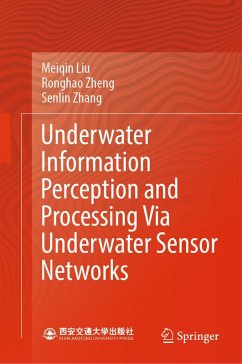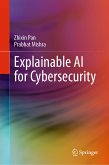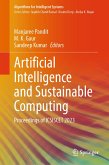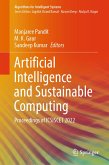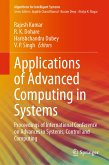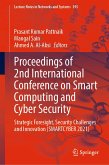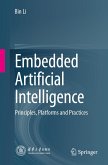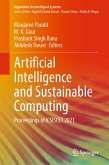This book highlights the latest advances and trends in information perception and processing of underwater sensor networks (USNs). Underwater sensor networks are networks of autonomous sensor nodes distributed over a given region of water to collaboratively perform a given task. Nearly 70% of the Earth's surface is covered by water, mainly oceans, and more than 80% of the ocean remains unexplored. The emergence of USNs is a new direction in ocean exploration and data collection. USNs offer many applications in both civilian and non-civilian fields. However, due to the characteristics of underwater environments, USNs face challenges such as limited bandwidth, high propagation delay, media access control, routing, resource utilization, power limitation, etc. Researchers have studied and provided many techniques over the past decades to address these issues.
This book systematically summarizes the development and covers a wide range of applications of USNs, including mobile node localization, target detection, target recognition, target tracking, sensor scheduling, and environmental monitoring. It also focuses on the introduction of new technologies, including deep reinforcement learning, into underwater information perception and processing.
This book is suitable for university lecturers, graduate students, and industry professionals working in the field of USNs.
Dieser Download kann aus rechtlichen Gründen nur mit Rechnungsadresse in A, B, BG, CY, CZ, D, DK, EW, E, FIN, F, GR, HR, H, IRL, I, LT, L, LR, M, NL, PL, P, R, S, SLO, SK ausgeliefert werden.

